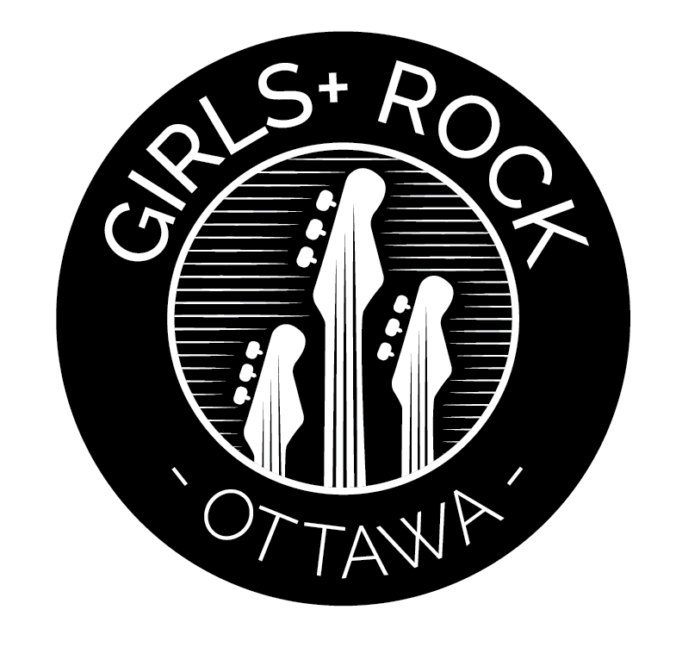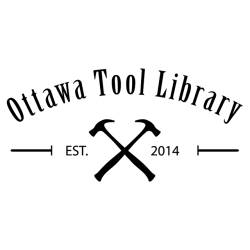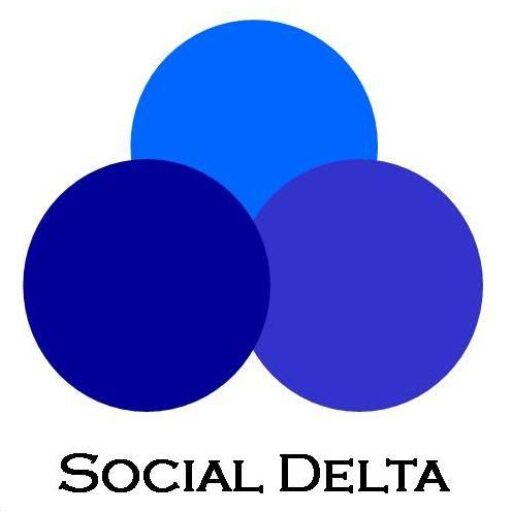Every once and a while a story crosses our desk that makes us wonder why nobody had done that sooner.
Nzambi Matee is a social entrepreneur in Kenya who is making construction-grade bricks out of plastic that are purportedly 7 times stronger than concrete.
We always hear that plastics take generations to decompose and break down, and yet few of us might have asked ourselves the question: “In what circumstances do we specifically need something that will never deteriorate?”
The answer is blindingly obvious: buildings, walls and walkways.
We celebrate the longevity of Roman roads, medieval castles, the pyramids, Angkor Wat, and the crypts beneath Paris’s streets. We have been (over) building with concrete for decades to create edifices–from dams to skycrapers–that we hope will stand the test of time.
At the same time we are producing plastic waste that is clogging our waterways and burdening our landfills.
Matee is an engineer who has designed a heat and pressure process to combine plastic waste (of various grades) with sand to create strong and colorful building bricks. A sort of lifesize Lego. She designed and built the machines necessary, and since 2017 her company, Gjenge Makers, has repurposed 20 tons of plastic waste. The factory now creates 1500 bricks a day.
The social benefit of Matee’s work goes beyond environmental sustainability. She is also proactively creating employment for women and youth in Nairobi, including jobs for “pickers” who are often facing significant barriers to employment. Click here for more information, and to view a video celebrating this incredible business venture.
Social Delta celebrates the social entrepreneurs like Nzambi Matee who take equal parts dissatisfaction, conviction, ingenuity, skill and savvy to solve a social problem and meet a market need at the same time.
We are inspired. We hope you are too.


